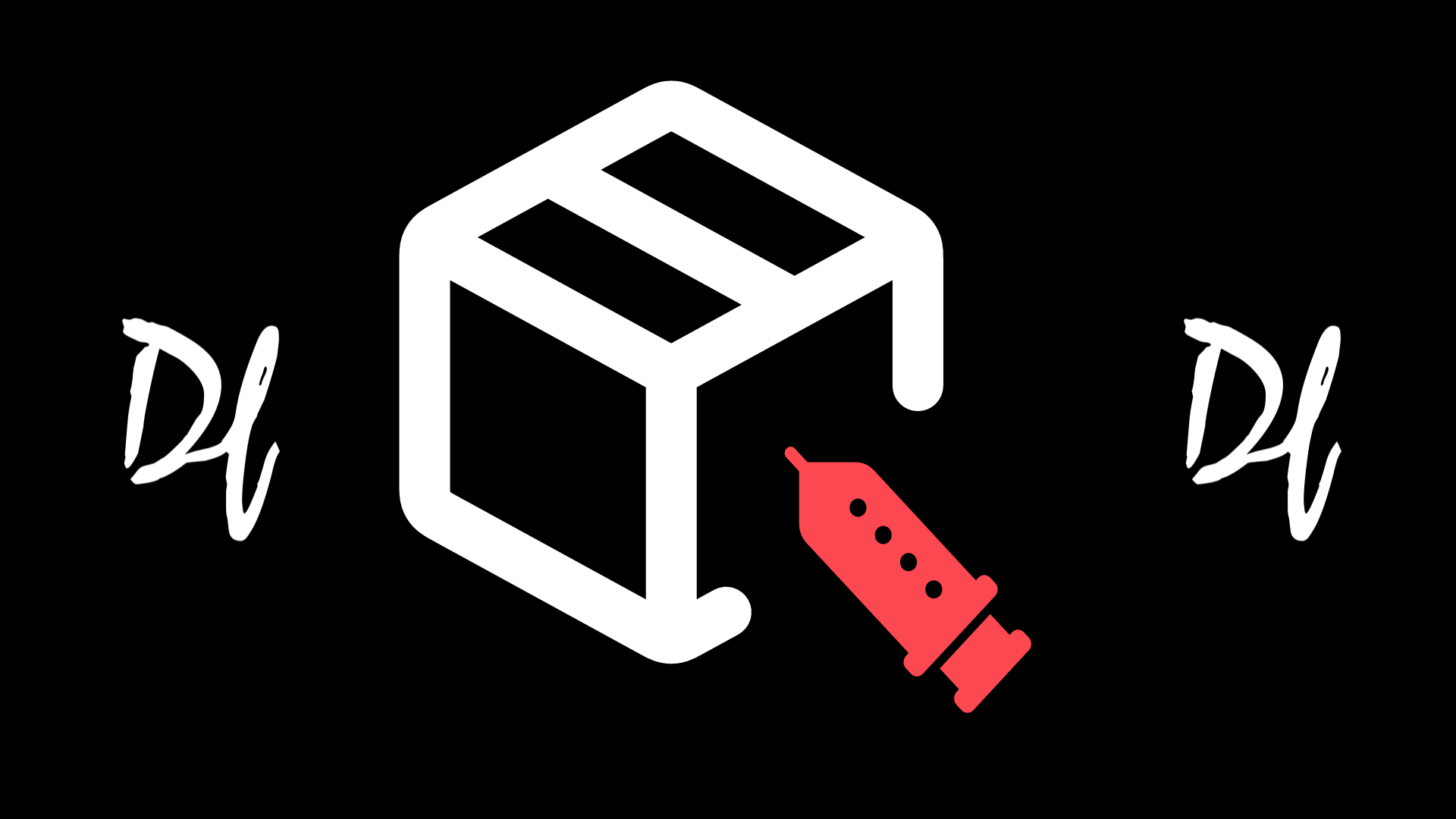ChatGPT and the Hallucination of Dependencies

Artificial intelligence (AI) has revolutionized many aspects of our lives, and the field of software development is no exception. One of the most prominent AI models in this space is ChatGPT. While it has proven to be a powerful tool for generating human-like text, it has also shown a tendency to "hallucinate" or generate information that doesn't exist. This behavior has significant implications, especially when recommending software dependencies.
The Phenomenon of AI Hallucination
AI hallucination is a phenomenon where AI models generate outputs that are plausible but not based on factual reality. This is particularly prevalent in large language models (LLMs) like ChatGPT, which have been trained on vast amounts of text data. These models can generate creative yet unexpected responses that may not align with factual reality1.
In software development, one of the most concerning forms of AI hallucination is when ChatGPT recommends software packages or dependencies that do not exist. This behavior, known as "AI package hallucination," can pose significant security risks2.
The Risks of AI Package Hallucination
The problem with AI package hallucination is twofold. First, it can lead developers to waste time and resources trying to integrate non-existent packages into their projects. Second, and more concerning, it can open the door for malicious actors to exploit this behavior.
Here it works: an attacker can ask ChatGPT for a package to solve a coding problem.
If ChatGPT recommends a non-existent package, the attacker can then create a malicious package with the same name and publish it to a package repository.
When a developer later asks ChatGPT a similar question, they may receive a recommendation to use the now-existing malicious package.
This attack technique, dubbed "AI package hallucination," presents a significant security risk. It bypasses traditional security measures to detect suspicious activities like typosquatting or masquerading, making it harder to detect and prevent.
Mitigating the Risks
Given the potential risks associated with AI package hallucination, developers must thoroughly vet the packages they use. This is especially important when using tools like ChatGPT, which may recommend non-existent or malicious packages.
Developers can mitigate these risks by checking the creation date of the package, the number of downloads, comments, and any attached notes. If anything looks suspicious, it's best to think twice before installing the package.